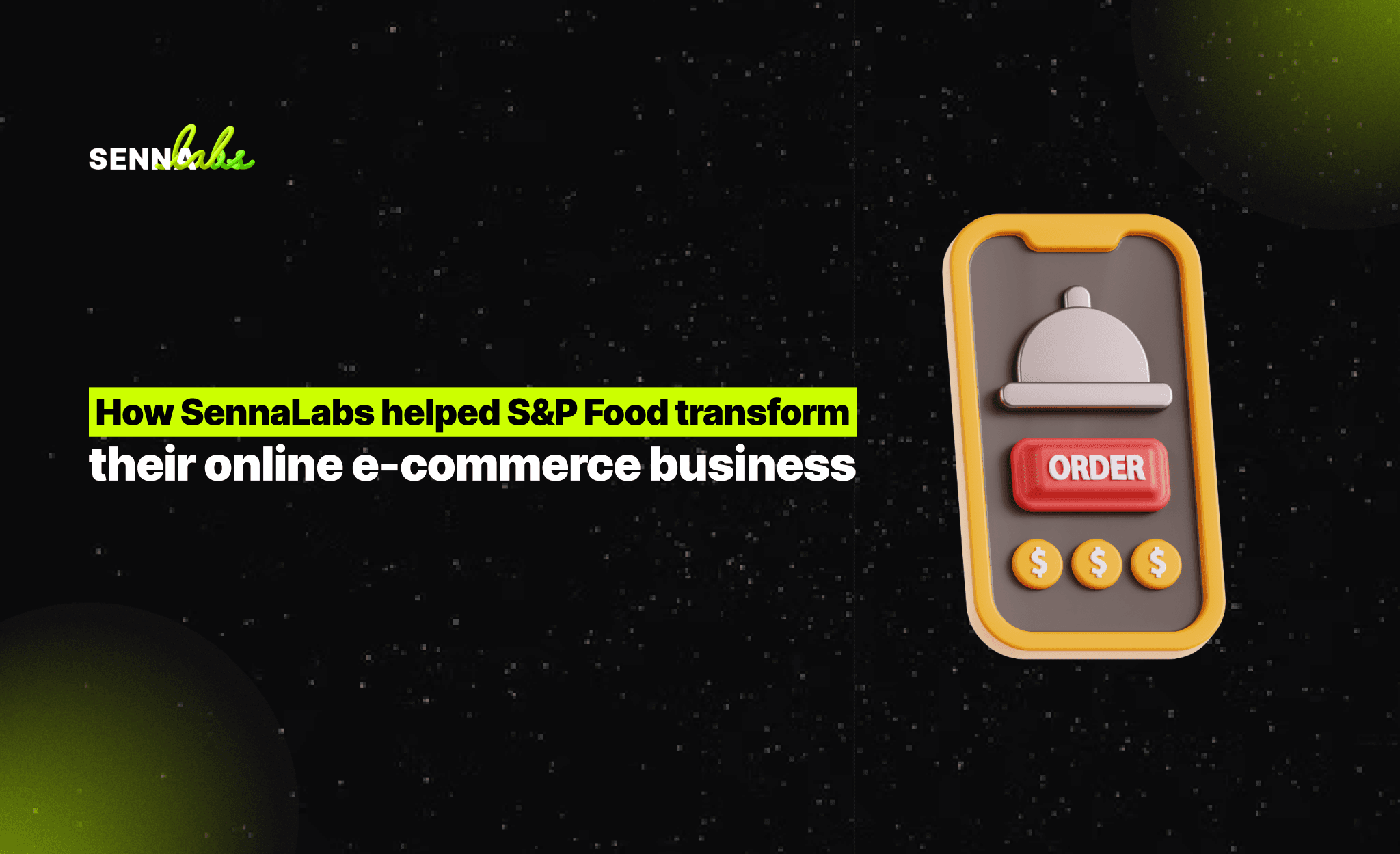Cloud-Based CRM for Customer Service: How to Enhance the Client Experience
Share

In an increasingly competitive market, customer service is often the key differentiator between businesses that thrive and those that struggle. Providing exceptional service requires more than just friendly interactions—it demands a deep understanding of customer needs, the ability to resolve issues quickly, and seamless communication across all touchpoints. Cloud-based Customer Relationship Management (CRM) systems have become indispensable tools for businesses aiming to elevate their customer service game.
This article explores how cloud-based CRMs enhance customer service through personalized interactions, faster resolutions, and streamlined communication. We’ll also highlight a real-world example of an online food delivery service that used a cloud-based CRM to track complaints and automate follow-ups, boosting customer satisfaction by 30%.

The Role of CRM in Customer Service
Customer Relationship Management systems were originally designed to organize and track customer data. Over time, they have evolved into powerful tools that support end-to-end customer interactions. Cloud-based CRMs, in particular, offer several advantages for improving customer service:
-
Accessibility: Team members can access customer data in real-time from anywhere.
-
Scalability: As businesses grow, cloud CRMs adapt to accommodate more users, data, and features.
-
Efficiency: Automation and integration capabilities streamline processes, saving time and reducing errors.
With these benefits, cloud-based CRMs empower businesses to provide faster, more personalized, and consistent service.
Key Features of Cloud-Based CRMs for Customer Service
1. Centralized Customer Data
Cloud-based CRMs store all customer information—purchase history, previous inquiries, and communication records—in a centralized location. This ensures every team member has access to the same up-to-date data.
Benefits:
-
Reduces time spent searching for information.
-
Enables personalized interactions by providing a full view of the customer’s history.
2. Seamless Communication
Effective customer service depends on seamless communication across multiple channels, such as email, chat, phone, and social media. Cloud CRMs consolidate these interactions into one platform.
Benefits:
-
Provides a unified customer view across all touchpoints.
-
Prevents miscommunication by ensuring team members are on the same page.
3. Faster Issue Resolution
Cloud CRMs enable faster responses to customer inquiries by automating workflows and prioritizing tickets. Features like case tracking and automated follow-ups ensure no issue falls through the cracks.
Benefits:
-
Reduces response times.
-
Improves first-contact resolution rates, leading to higher customer satisfaction.
4. Personalized Customer Interactions
With access to detailed customer data, businesses can offer tailored solutions and recommendations. This level of personalization fosters stronger relationships and loyalty.
Benefits:
-
Enhances customer satisfaction by addressing specific needs.
-
Encourages repeat business through customized offers and services.
5. Automation for Repetitive Tasks
Cloud CRMs automate repetitive tasks such as follow-up emails, survey distribution, and case updates. This frees up customer service agents to focus on resolving complex issues.
Benefits:
-
Improves efficiency by reducing manual workload.
-
Ensures consistent communication with customers.
6. Analytics and Reporting
CRMs provide real-time analytics and reporting tools to track customer service performance. Metrics such as response times, resolution rates, and customer satisfaction scores help businesses identify areas for improvement.
Benefits:
-
Enables data-driven decisions to enhance service quality.
-
Tracks progress toward customer service goals.
How Cloud CRMs Enhance Customer Experience
1. Proactive Support
Cloud CRMs enable businesses to anticipate customer needs by analyzing trends and historical data. Proactive support builds trust and prevents potential issues before they arise.
Example: An e-commerce platform used CRM data to identify frequent delivery delays and implemented solutions to address them, resulting in fewer complaints.
2. Multichannel Support
Today’s customers expect to communicate with businesses through their preferred channels. Cloud CRMs integrate email, live chat, phone calls, and social media into one platform, ensuring consistent support.
Example: A travel agency integrated their CRM with WhatsApp, enabling agents to respond to customer inquiries faster and increase booking rates.
3. Customer Feedback Integration
Cloud CRMs allow businesses to collect and analyze customer feedback through surveys and reviews. This helps identify pain points and areas where the service can be improved.
Example: A fitness studio used CRM surveys to gather feedback on class schedules, leading to changes that increased member satisfaction.
4. 24/7 Self-Service Options
With features like automated chatbots and knowledge bases, cloud CRMs enable customers to resolve basic issues on their own, even outside business hours.
Example: A software company used a chatbot integrated with their CRM to provide instant answers to FAQs, reducing the workload on their support team.
Real-World Use Case: Online Food Delivery Service
The Challenge:
An online food delivery service faced growing customer complaints related to late deliveries, incorrect orders, and slow resolution times. These issues resulted in declining customer satisfaction and a loss of repeat business.
The Solution:
The company implemented a cloud-based CRM to address these challenges:
-
Complaint Tracking: All customer complaints were logged into the CRM, categorized by issue type, and prioritized based on urgency.
-
Automated Follow-Ups: The CRM sent automated emails to update customers on the status of their complaints.
-
Analytics: Real-time reporting allowed managers to identify recurring problems, such as specific restaurants or delivery routes with high error rates.
The Results:
-
30% Improvement in Customer Satisfaction: Faster resolution times and proactive updates reassured customers and restored trust.
-
Increased Efficiency: Automation reduced the workload on support agents, allowing them to handle more inquiries.
-
Reduced Complaints: Insights from analytics led to operational changes that minimized common errors.
Steps to Implement a Cloud-Based CRM for Customer Service
-
Identify Your Goals:
-
Define what you want to achieve, such as faster response times or higher satisfaction scores.
-
Choose the Right CRM:
-
Select a platform with features tailored to your business needs, such as multichannel support or advanced automation.
-
Train Your Team:
-
Ensure customer service agents are comfortable using the CRM and understand its capabilities.
-
Integrate with Existing Tools:
-
Connect the CRM with tools you already use, such as email marketing platforms or social media management systems.
-
Monitor and Optimize:
-
Use analytics to track performance and make data-driven improvements.
Measuring Success with a Cloud-Based CRM
To evaluate the impact of your CRM on customer service, track the following metrics:
-
Response Time: Measure how quickly agents address customer inquiries.
-
Resolution Rate: Track the percentage of issues resolved on the first attempt.
-
Customer Satisfaction Score (CSAT): Use surveys to gauge customer happiness.
-
Net Promoter Score (NPS): Assess the likelihood of customers recommending your business.
-
Complaint Volume: Monitor the frequency and types of complaints over time.
Conclusion
Cloud-based CRMs are transforming the customer service landscape, offering businesses powerful tools to enhance client experiences through personalized interactions, seamless communication, and faster resolutions. As demonstrated by the online food delivery service, adopting a cloud CRM can lead to tangible improvements in customer satisfaction and operational efficiency.
By centralizing customer data, integrating multichannel support, and leveraging automation, businesses can build stronger relationships with their customers and create a foundation for long-term success. Whether your goal is to improve response times, reduce complaints, or increase satisfaction scores, a cloud-based CRM is an essential investment for elevating your customer service strategy.

Share

Keep me postedto follow product news, latest in technology, solutions, and updates
Related articles
Explore all


